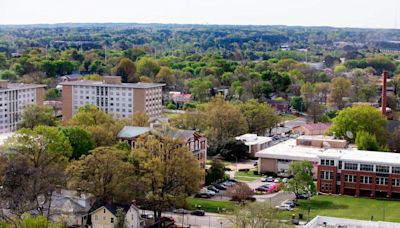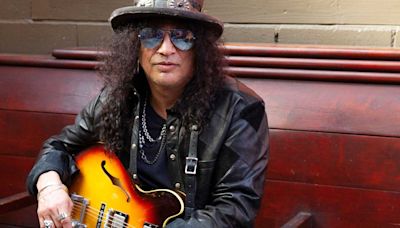Search results
Augustine of Hippo (/ ɔː ˈ ɡ ʌ s t ɪ n / aw-GUST-in, US also / ˈ ɔː ɡ ə s t iː n / AW-gə-steen; Latin: Aurelius Augustinus Hipponensis; 13 November 354 – 28 August 430), also known as Saint Augustine, was a theologian and philosopher of Berber origin and the bishop of Hippo Regius in Numidia, Roman North Africa.His writings influenced the development of Western philosophy and Western Christianity, and he is viewed as one of the most important Church Fathers of the Latin Church ...
Sep 25, 2019 · Augustine of Hippo was perhaps the greatest Christian philosopher of Antiquity and certainly the one who exerted the deepest and most lasting influence. He is a saint of the Catholic Church, and his authority in theological matters was universally accepted in the Latin Middle Ages and remained, in the Western Christian tradition, virtually uncontested till the nineteenth century. The impact of his views on sin, grace, freedom and sexuality on Western culture can hardly be overrated.
Augustine was born in Tagaste, a modest Roman community in a river valley 40 miles (64 km) from the Mediterranean coast in Africa, near the point where the veneer of Roman civilization thinned out in the highlands of Numidia.Augustine’s parents were of the respectable class of Roman society, free to live on the work of others, but their means were sometimes straitened.
Mar 24, 2000 · Aurelius Augustinus [more commonly “St. Augustine of Hippo,” often simply “Augustine”] (354–430 C.E.): rhetor, Christian Neoplatonist, North African Bishop, Doctor of the Roman Catholic Church.One of the decisive developments in the western philosophical tradition was the eventually widespread merging of the Greek philosophical tradition and the Judeo-Christian religious and scriptural traditions.
Mar 25, 2022 · Early Life. Augustine was born in 354 CE in Thagaste, North Africa in the Roman province of Numidia, most likely in a family of Berber lineage. His father, Patrick, was a pagan, but his mother Monica, was a devout Christian. This was very common in the late Roman Empire.We do not know much about Patrick, but Monica was very ambitious for her son and admonished him to become a Christian to elevate his status.
Aurelius Augustine was born in 354 at Tagaste, Algeria. He was the son of Patricius, a non-believer, and his devout Catholic wife, Monica. Augustine’s mother enrolled her son as a catechumen as a child. However, Augustine’s baptism was deferred to a later time in accordance with custom. In his early years, Augustine possessed an inquisitive ...
Saint Augustine, (born Nov. 13, 354, Tagaste, Numidia—died Aug. 28, 430, Hippo Regius; feast day August 28), Christian theologian and one of the Latin Fathers of the Church.Born in Roman North Africa, he adopted Manichaeism, taught rhetoric in Carthage, and fathered a son.After moving to Milan he converted to Christianity under the influence of St. Ambrose, who baptized him in 387.He returned to Africa to pursue a contemplative life, and in 396 he became bishop of Hippo (now Annaba, Alg ...
Augustine of Hippo, also known as Saint Augustine, is one of the most important and well-known theologians in the history of the Christian religion. Augustine has one of the most dramatic conversions ever in the Church, a change of belief and behavior, which led to his most influential written works, Confessions and the City of God.
Feb 28, 2019 · Augustine's two best-known works are Confessions, and The City of God. In Confessions, he tells the story of his sexual immorality and his mother's unrelenting concern for his soul. He sums up his love for Christ, saying, "So I may cease to be wretched in myself and may find happiness in you." City of God, written near the end of Augustine's life, was partly a defense of Christianity in the Roman Empire. The emperor Theodosius had made trinitarian Christianity the official religion of the ...
Jun 25, 2018 · Augustine was born on 13 November 354 at Tagaste, in northern Africa, in an area that is now Algeria, and died in 28 August 430, in Hippo Regius, also in what is modern Algeria. Coincidentally, this was when the Arian Christian Vandals were besieging Hippo.



